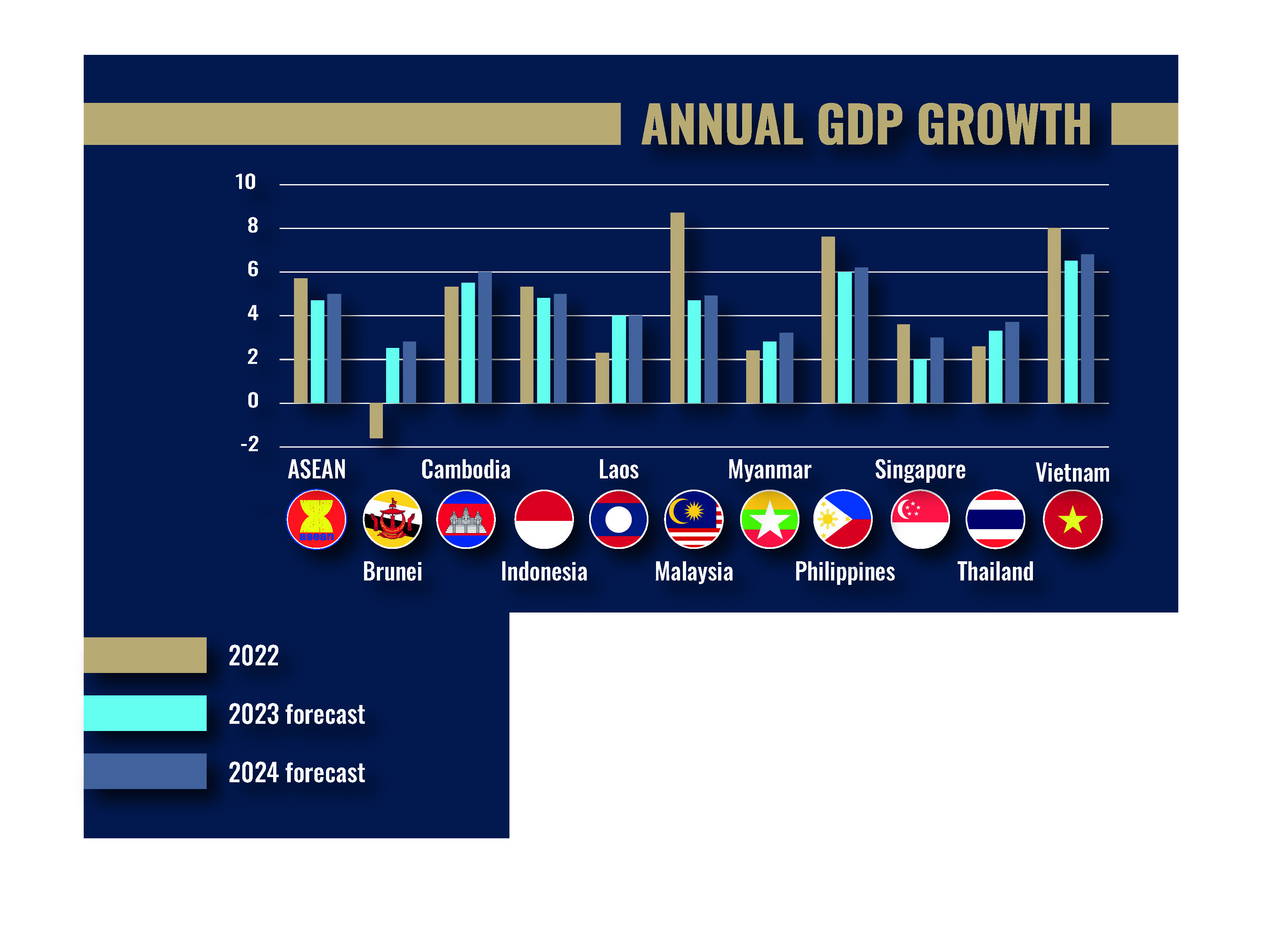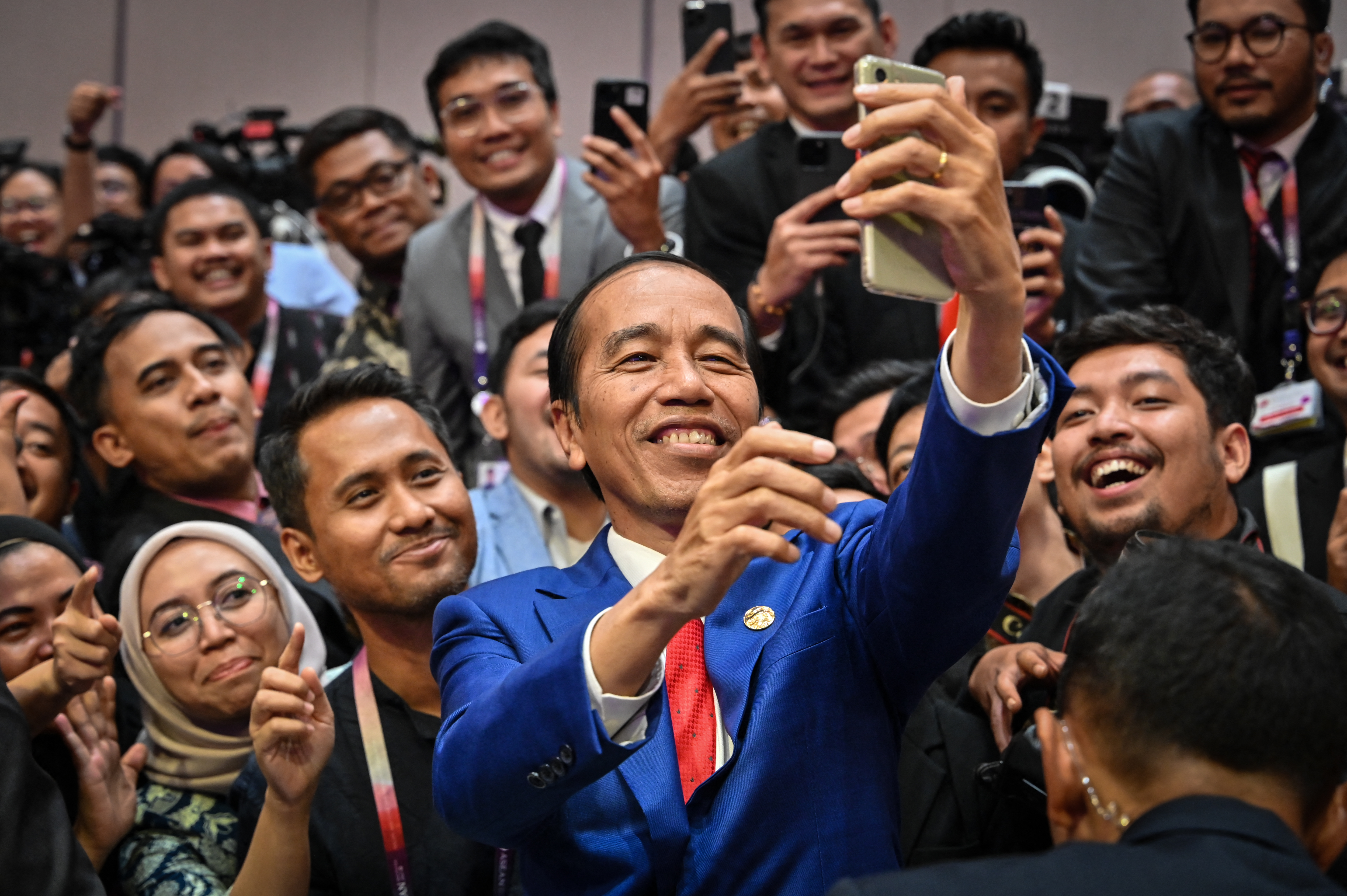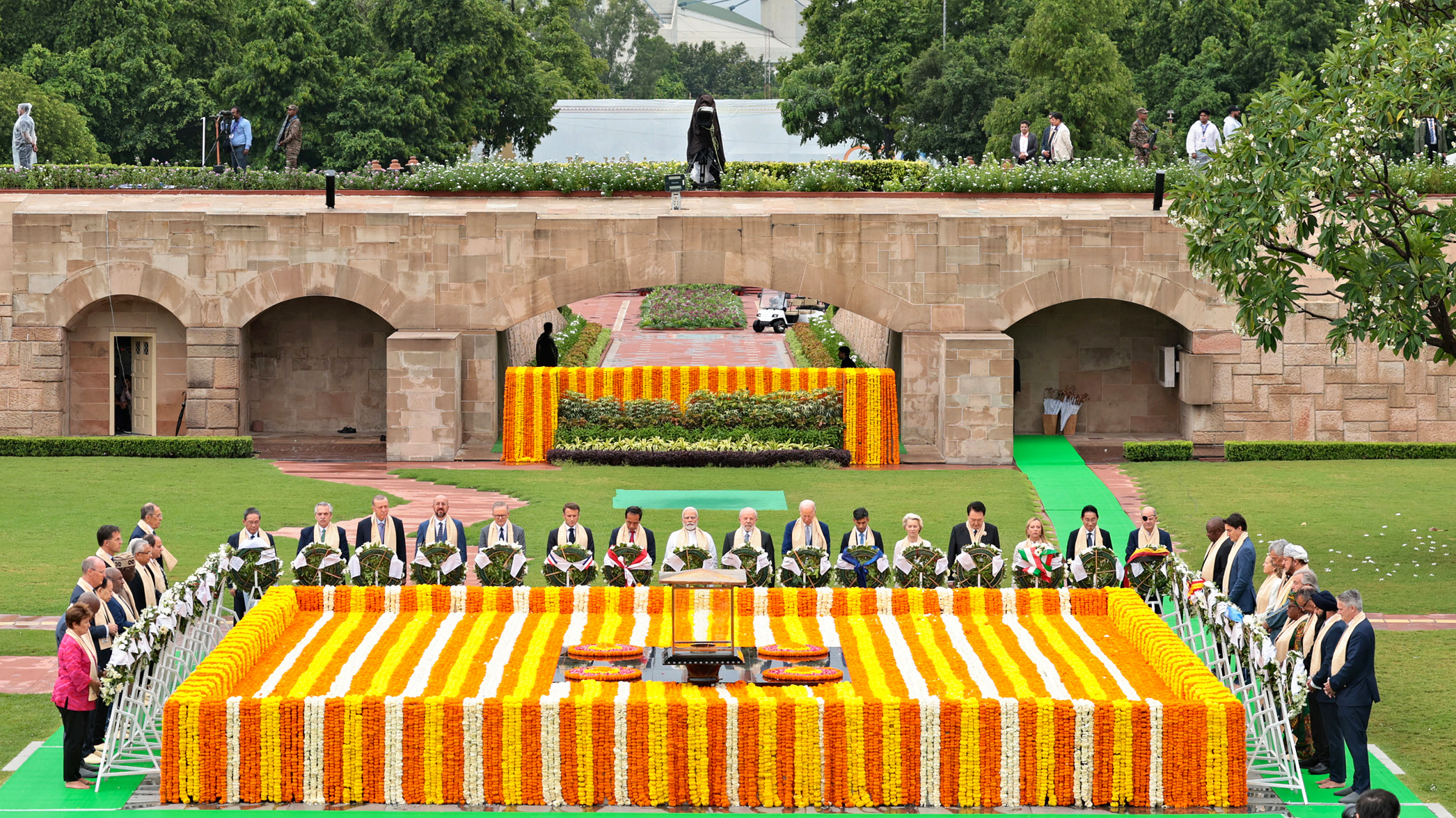
Since the beginning of this year, Indonesia has led the Southeast Asian integration under the motto "ASEAN matters: the epicentre of growth." In line with this motto, sustainable growth of national economies and political stability were high on the agenda in Jakarta, and in his speech at the closing session, Indonesian President Joko Widodo called on ASEAN countries to develop the Indo-Pacific into a region of peace and inclusion. He also warned the leaders present that, despite the summit's achievements, the work was far from over.
The summit has produced 90 outcome documents. A number of important agreements were reached with partner countries, such as promoting cooperation on green infrastructure development, connectivity, energy transition, and the digital economy; funding commitment of USD 100 million from Japan to support the implementation of the ASEAN Indo-Pacific Outlook (AOIP) through the Japan-ASEAN Integration Fund (JAIF) 3.0; endorsement of Japan's comprehensive connectivity initiative at the ASEAN Indo-Pacific Forum (AIPF) and Australia's USD 95.4 million initiative to strengthen its ties with ASEAN.
For Indonesia, the summit also provided an opportunity to advance national agendas such as infrastructure investment, cross-border payments, electric vehicle ecosystem and digital economy. However, commitments in these sectors have yet to be followed by concrete agreements. And the announcements made at the regional level at the summit suggest that while the Indonesian government has been effective in seeking to build unity among the alliance's member states and to promote ASEAN's relevance amid growing divisions within the regional grouping, it is highly questionable whether it has succeeded in making ASEAN really count, beyond the above-average global economic growth rate.
Despite active support for Indonesian efforts to strengthen ASEAN, there is a tendency among members to prefer signing bilateral agreements among themselves and with external partners rather than forging regional consensus.
The Indonesian government has warned that ASEAN's "strength as a community is being challenged by one crisis after another" and that growing geopolitical rivalry "could lead to open conflict that our region will have to face". Consequently, it is now not only a theoretical question whether the bloc can re-establish itself for a new era of confrontation, as it was able to establish itself in the dynamics of the Cold War, but also where the energy for such a renewal can come from.
The author is a researcher at the Eurasia Center

Another race is on for Africa, and Indonesia is in the running. This is at least the context in which some Indonesian analysts and media see President Joko Widodo's five-day tour of four African countries in August, which included visits to Kenya, Tanzania and Mozambique, before he visited South Africa to observe the 15th World Summit on Sustainable Development. President Widodo's first tour of the continent was officially organised to promote global South-South cooperation and the Bandung spirit, and also to mark this year's Indonesian ASEAN presidency. The itinerary and communication of the tour was also in line with the growing political perception and public sentiment in the developing world that the current institutional world order does not adequately represent the interests of developing countries and that alternative self-organisation of these states is therefore essential.
The Bandung Conference, April 18-24, 1955, was a meeting of Asian and African nations, most of them newly independent. The stated goals of the conference were to promote Afro-Asian economic and cultural cooperation and to oppose colonialism or neo-colonialism by any nation. Based on the principles agreed at the Bandung Conference, the Non-Aligned Movement was formally established in Belgrade in 1961 at the initiative of Yugoslav President Josip Broz Tito, Indian Prime Minister Jawaharlal Nehru, Egyptian President Gamal Abdel Nasser, Ghanaian President Kwame Nkrumah, and Indonesian President Sukarno. The countries of the Non-Aligned Movement represent nearly two-thirds of the members of the United Nations and contain 55 per cent of the world's population. (MSz)
As Asia has recently been grappling with how to mitigate the risks of a still-strong dollar that has weakened local currencies and become a tool of economic statecraft Malaysian Prime Minister Anwar Ibrahim has called for the revival of an Asian Monetary Fund (AMF) “to reduce reliance on the dollar or the International Monetary Fund”. The idea of an AMF was initially suggested by Japan in 1997 so as to combat the Asian Financial Crisis. As some economists view the IMF’s Western-centric perspectives on certain economic issues and its high dependence on the thriving of dollarization may inadvertently cause countries to default on their domestic policies as a form of state-protectionism, causing ruptured geopolitical divides, weakening economic cooperation and creating economic turbulence. Critics have argued the AMF, in its functional operations, could be ideal in that it is able to establish appropriate exchange rate policies, monitor currency unions and local currency settlements, allowing financial trade to prosper and economic activity to operate in a way that is minimally hindered by issues relating to the dollar itself. (MSz)

New Delhi hosted the G20 summit on 9-10 September. The main successes of the summit, and also the biggest compromises, were made in three areas. One of the central themes of this year's G20 Presidency is action on climate change. On the one hand, there is the unanimous decision to triple the world's renewable energy capacity and slow the current rate of global warming. On the other hand, there is the failure to reach consensus on phasing out non-renewable energy sources. For the adoption of the declaration on the war in Ukraine, it was possible to find a wording that was acceptable to all parties, despite differences of opinion. From a geopolitical perspective, the biggest achievement of the summit is the full membership of the African Union, proposed by India in June. In addition to inclusiveness, this move provides an opportunity for the Global South to make its voice heard more forcefully on international issues and also demonstrates India's changing diplomatic focus. (Krisztina Dávid, Indologist)
